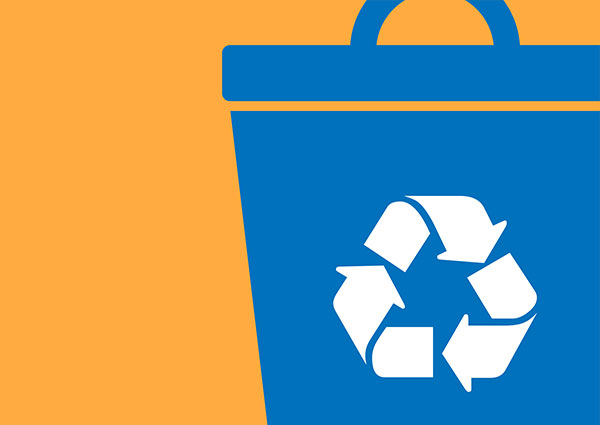Curriculum links
England
Science
- Materials and their properties/recycling (KS2–3)
Geography
- Human and physical geography
- Economic activity and the distribution of natural resources.
PSHE
- Rights and responsibilities, social and moral dilemmas, choices as consumers. That resources can be allocated in different ways and that these economic choices affect individuals, communities, and the sustainability of the environment.
English/Literacy and Maths/Numeracy
- Pupils will also be able to develop their literacy and numeracy skills, depending on the optional creative or extension ideas you choose to use. These include developing their speaking and listening skills in discussion and role-play, factual and creative writing to create plays, letters, poems and reports; and to handle data from surveys.
Wales
Science
- Interdependence of organisms
- How humans affect the global environment.
- Sustainable earth
- Materials and their uses;
- Waste and recycling.
Geography
- Living in my world: caring for places and environments and the importance of being a global citizen.
Personal and Social Education
- Sustainable development and global citizenship.
English/Literacy and Maths/Numeracy
- Pupils will also be able to develop their literacy and numeracy skills, depending on the optional creative or extension ideas you choose to use. These include developing their speaking and listening skills in discussion and role-play, factual and creative writing to create plays, letters, poems and reports; and to handle data from surveys.
Scotland
Science
Geography
- I can discuss the environmental impact of human activity and suggest ways in which we can live in a more environmentally-responsible way. SOC 2-08a
Health and wellbeingExploring rights and responsibilities
- Exploring rights and responsibilities HWB 0-09a / HWB 1-09a / HWB 2-09a / HWB 3-09a / HWB 4-
- Contributing to positive change in school and community. HWB 0-13a / HWB 1-13a / HWB 2-13a / HWB 3-13a / HWB 4-13a
English/Literacy and Maths/Numeracy
- Pupils will also be able to develop their literacy and numeracy skills, depending on the optional creative or extension ideas you choose to use. These include developing their speaking and listening skills in discussion and role-play, factual and creative writing to create plays, letters, poems and reports; and to handle data from surveys.
Northern Ireland
KS3
The World Around Us
- Interdependence
- Interdependence of people and the environment;
- The effect of people on the natural built environment over time.
- Change over Time
- The effects of positive and negative changes globally and how we contribute to some of these changes.
Personal Development
- Rules, rights and responsibilities.
English/Literacy and Maths/Numeracy
- Pupils will also be able to develop their literacy and numeracy skills, depending on the optional creative or extension ideas you choose to use. These include developing their speaking and listening skills in discussion and role-play, factual and creative writing to create plays, letters, poems and reports; and to handle data from surveys.
International Curriculum Links
International Baccalaureate (IB):
- PYP (Primary Years Programme): “Sharing the planet” – resources, waste, sustainability, personal action.
- MYP: Sciences – ecosystems and human impact; Design – sustainable product use and life cycles.
Cambridge International Curriculum (CAIE):
- Primary Science: Materials and their uses; care for environment.
- Lower Secondary Science: Human impact on environment, recycling, sustainable practices.
- Global Perspectives (Primary/Lower Secondary): Exploring local and global issues, developing action skills.

